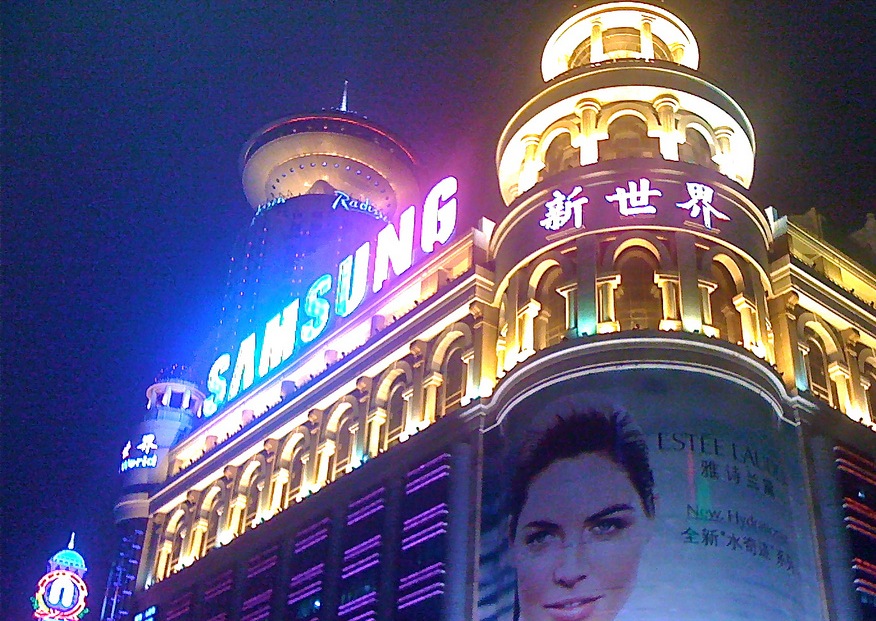
In 2012, Samsung sold just over 30 million smartphones in China — a 300 percent increase from the previous year and good for almost 18 percent of the Chinese market. In a stat that shows just how explosive the Chinese smartphone market is, that 18 percent market share is up only 5.3 percent from 2011, despite the tripled number of units.
[aditude-amp id="flyingcarpet" targeting='{"env":"staging","page_type":"article","post_id":636439,"post_type":"story","post_chan":"none","tags":null,"ai":false,"category":"none","all_categories":"business,mobile,","session":"D"}']That compares to Apple’s 11 percent market share.
Apple, which has achieved astonishing success in China, including selling two million iPhone 5 units on its opening weekend, still does not have a deal with China Mobile, the big kahuna of Chinese carriers, with more than 700 million mobile subscribers. Morgan Stanley recently suggested that Apple could triple its Chinese market share with an “iPhone mini,” a clear sign that even a month ago, the data on Apple’s sales in the Middle Kingdom were not where they could be.
AI Weekly
The must-read newsletter for AI and Big Data industry written by Khari Johnson, Kyle Wiggers, and Seth Colaner.
Included with VentureBeat Insider and VentureBeat VIP memberships.
But the big loser in China was not Apple.
Eleven percent market share in a vast and growing market — with a premium product — is actually a very good performance. The title of biggest loser goes to Nokia, which lost almost all of its share, dropping from 30 percent to 3.7 percent in a now-familiar story.
Lenovo is now the number two smartphone seller, with 13.2 percent of the market in China. Huawei captured 9.9 percent, and Coolpad trailed with 9.7 percent.
photo credit: My Daily Sublime via photopin cc
VentureBeat's mission is to be a digital town square for technical decision-makers to gain knowledge about transformative enterprise technology and transact. Learn More